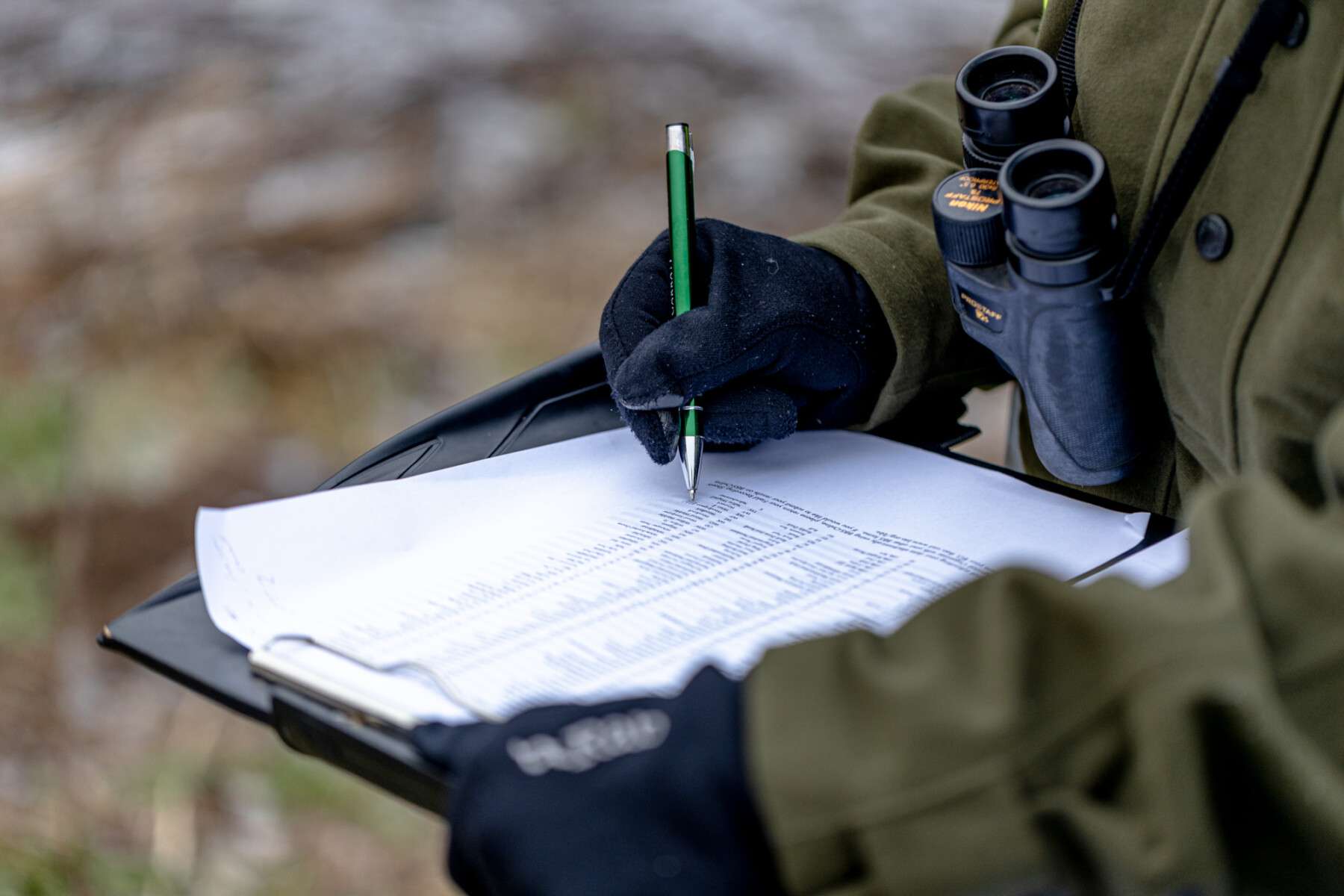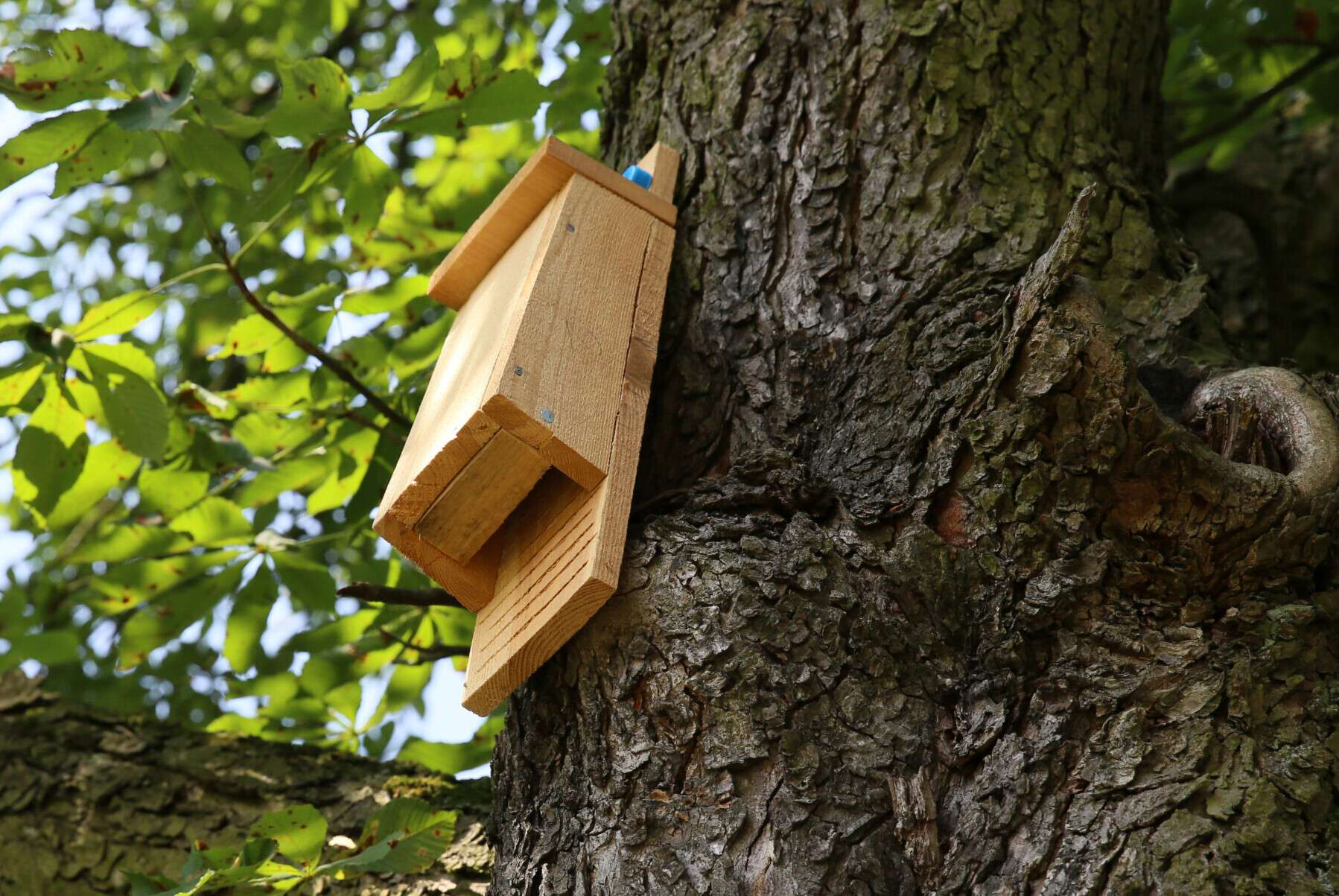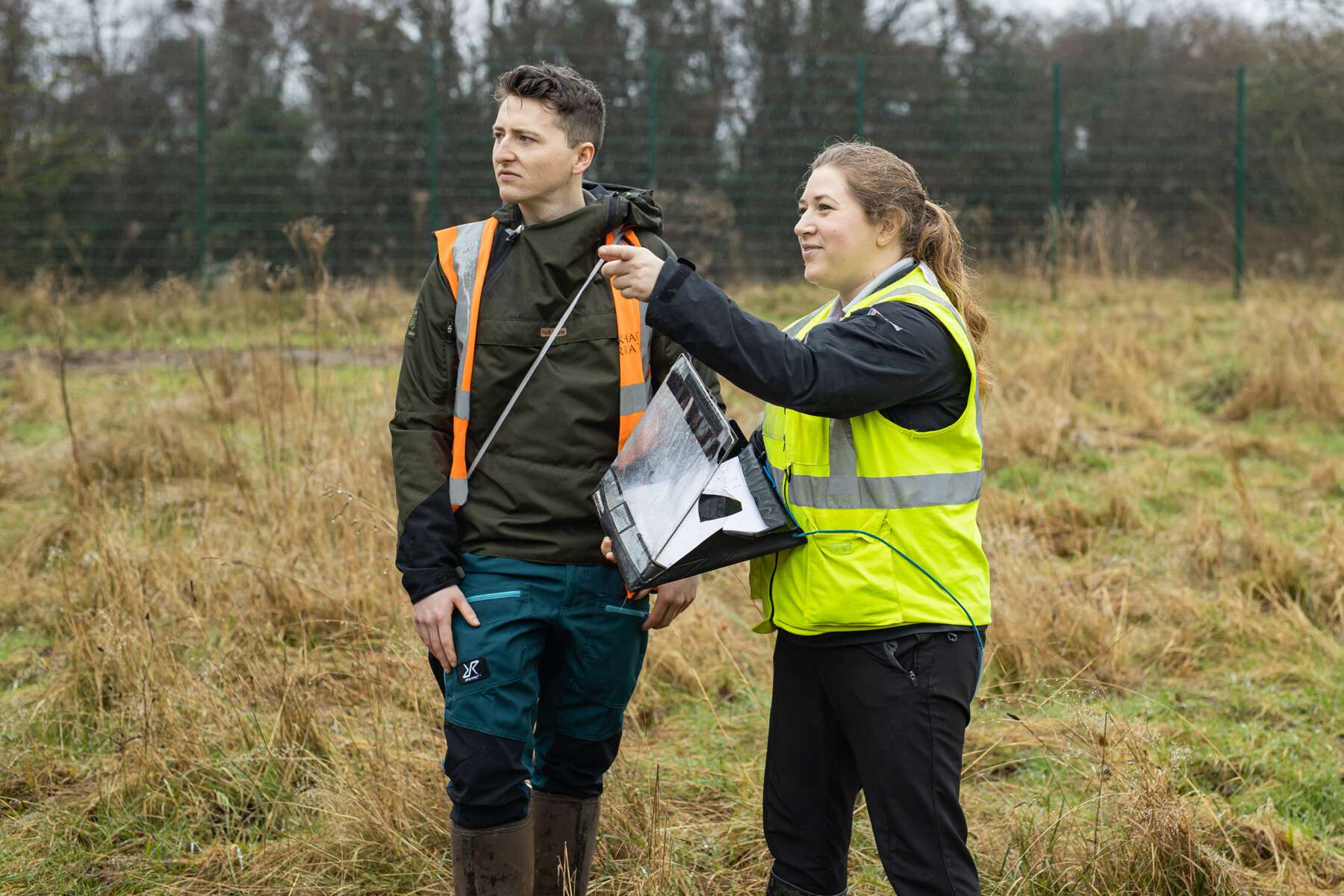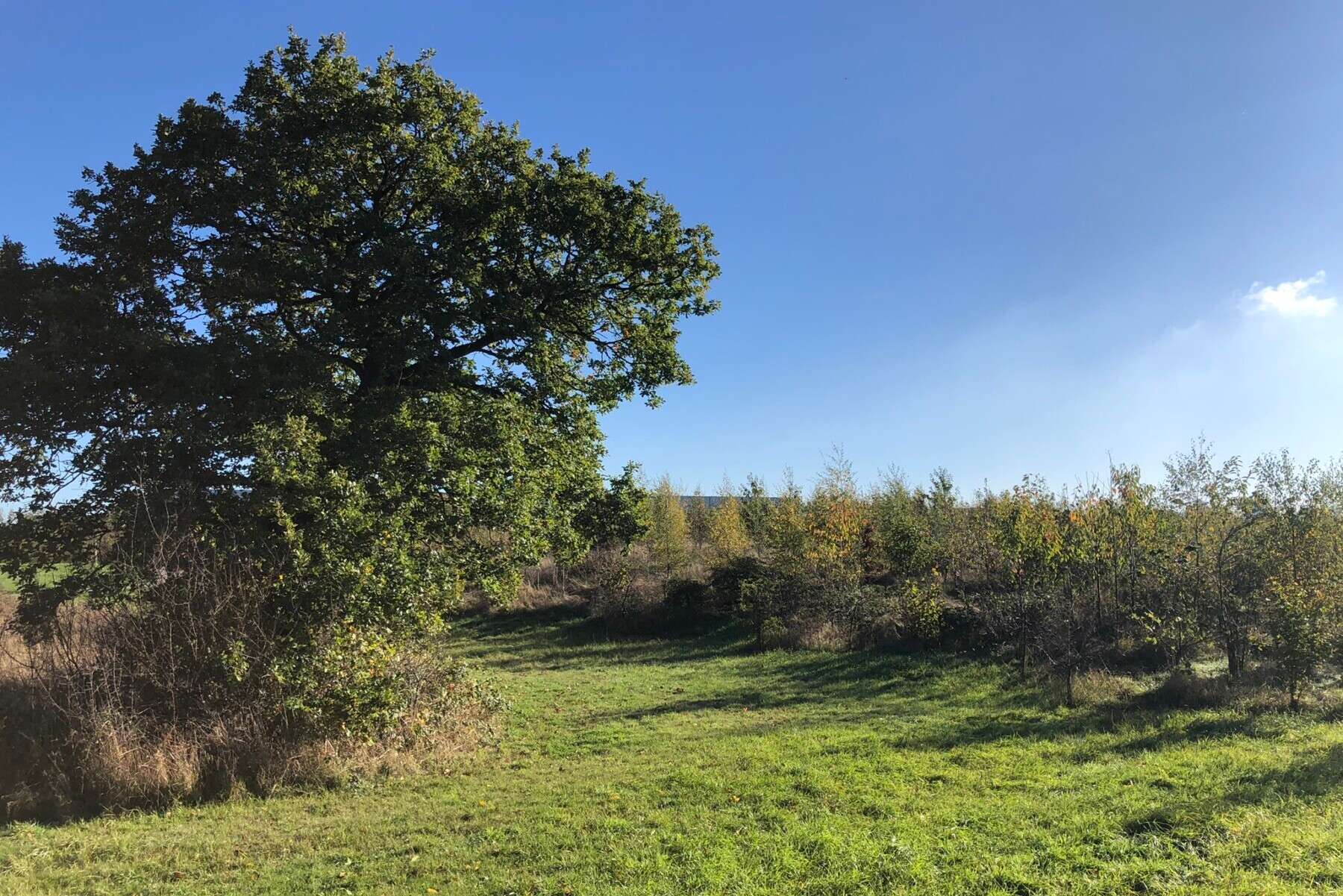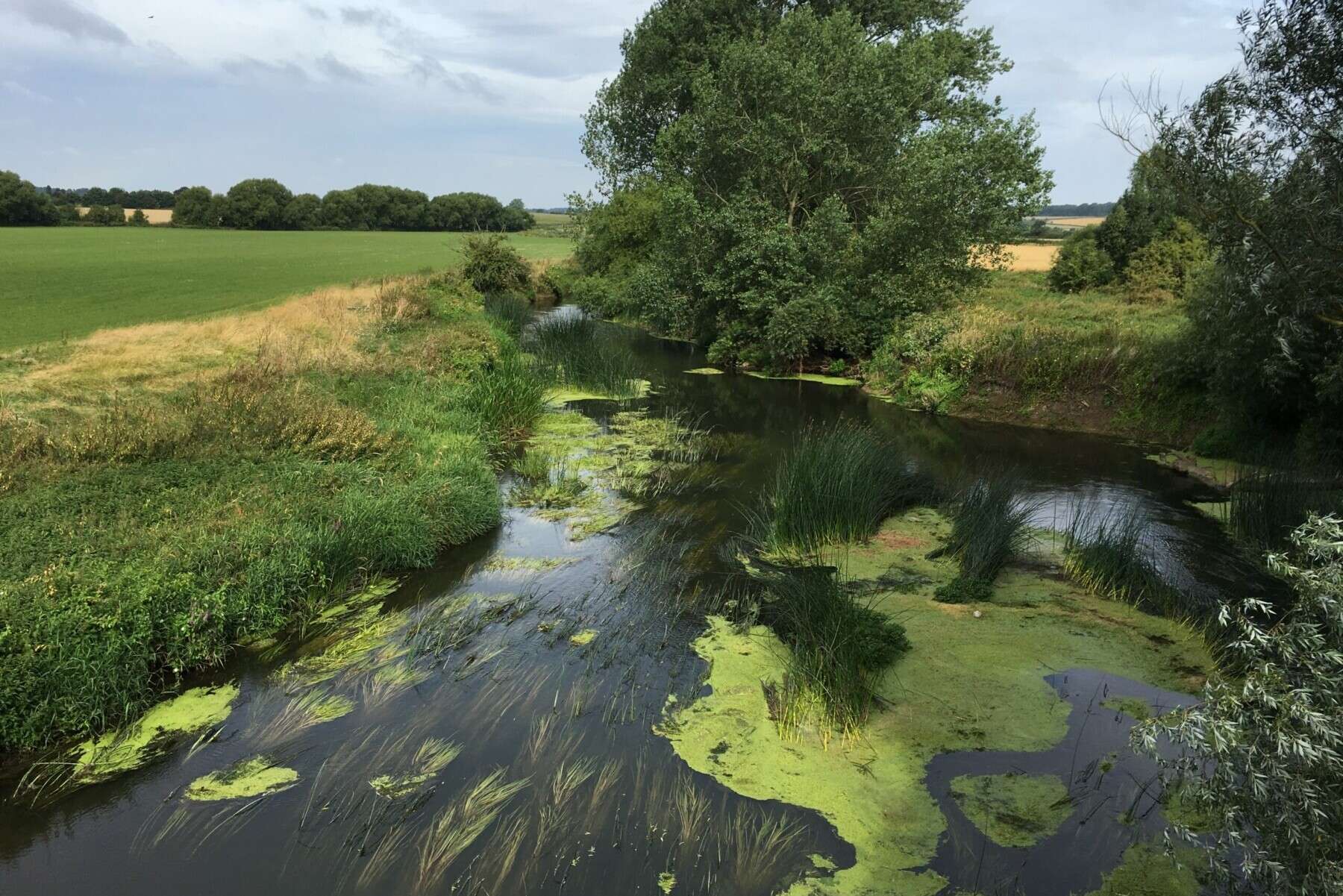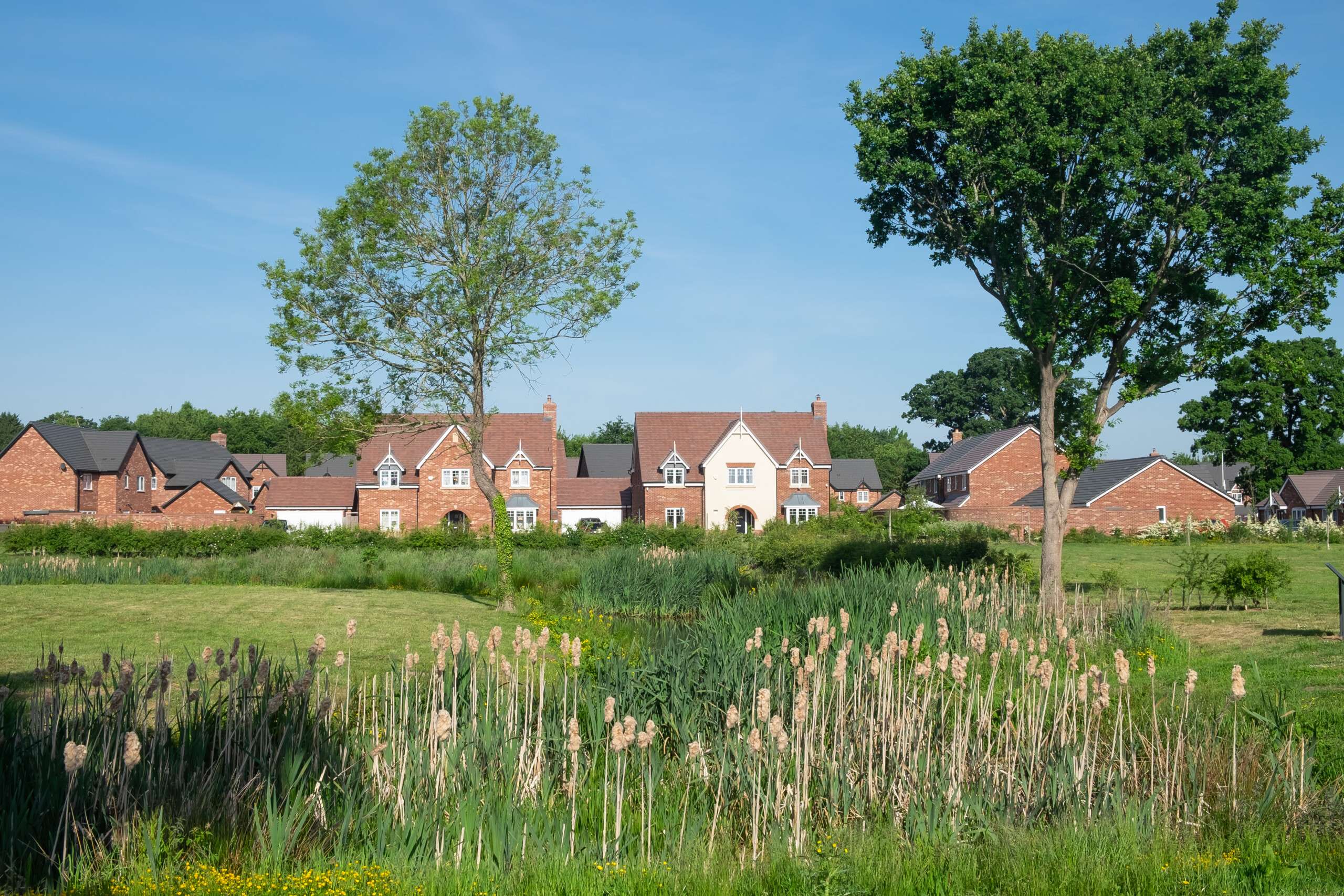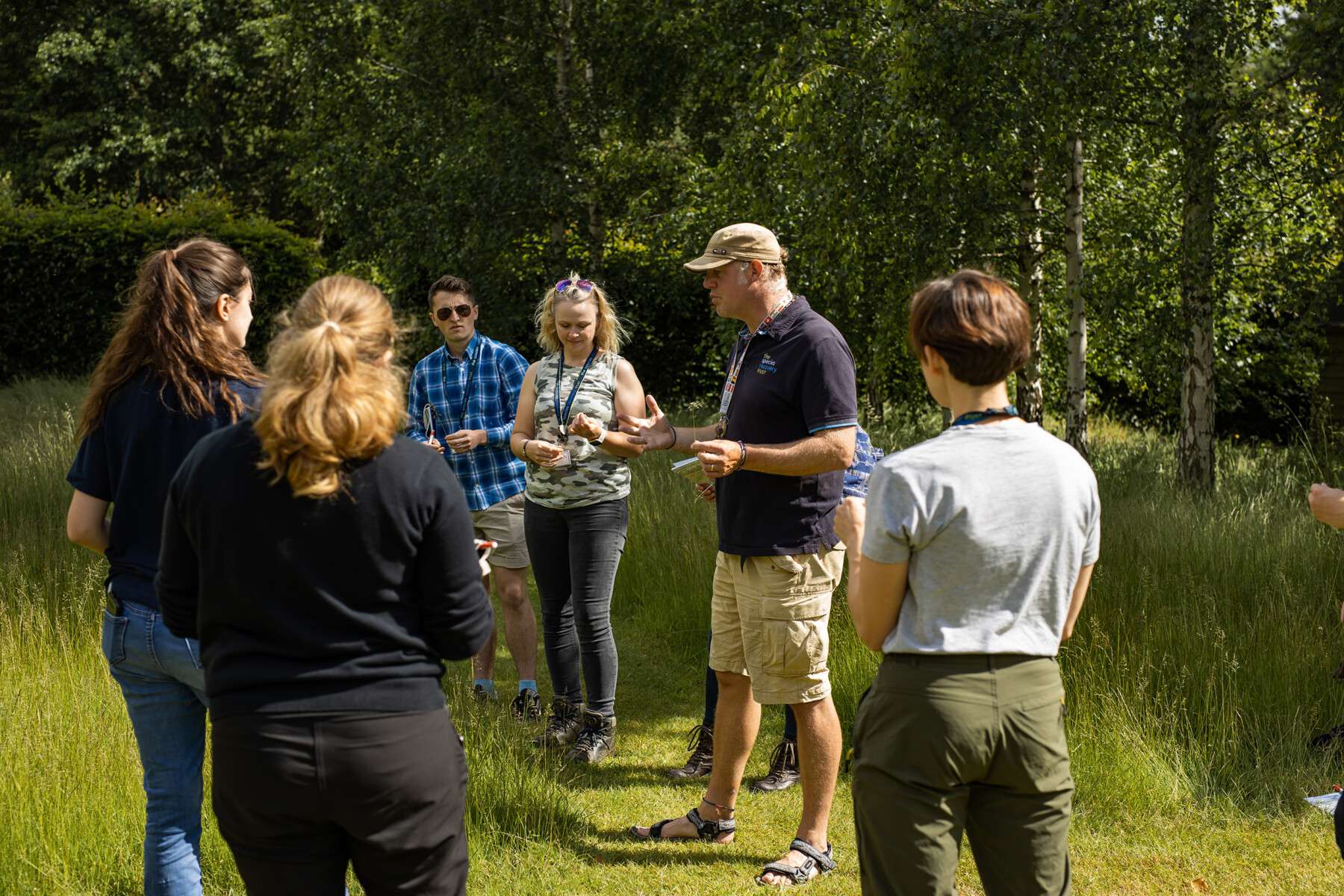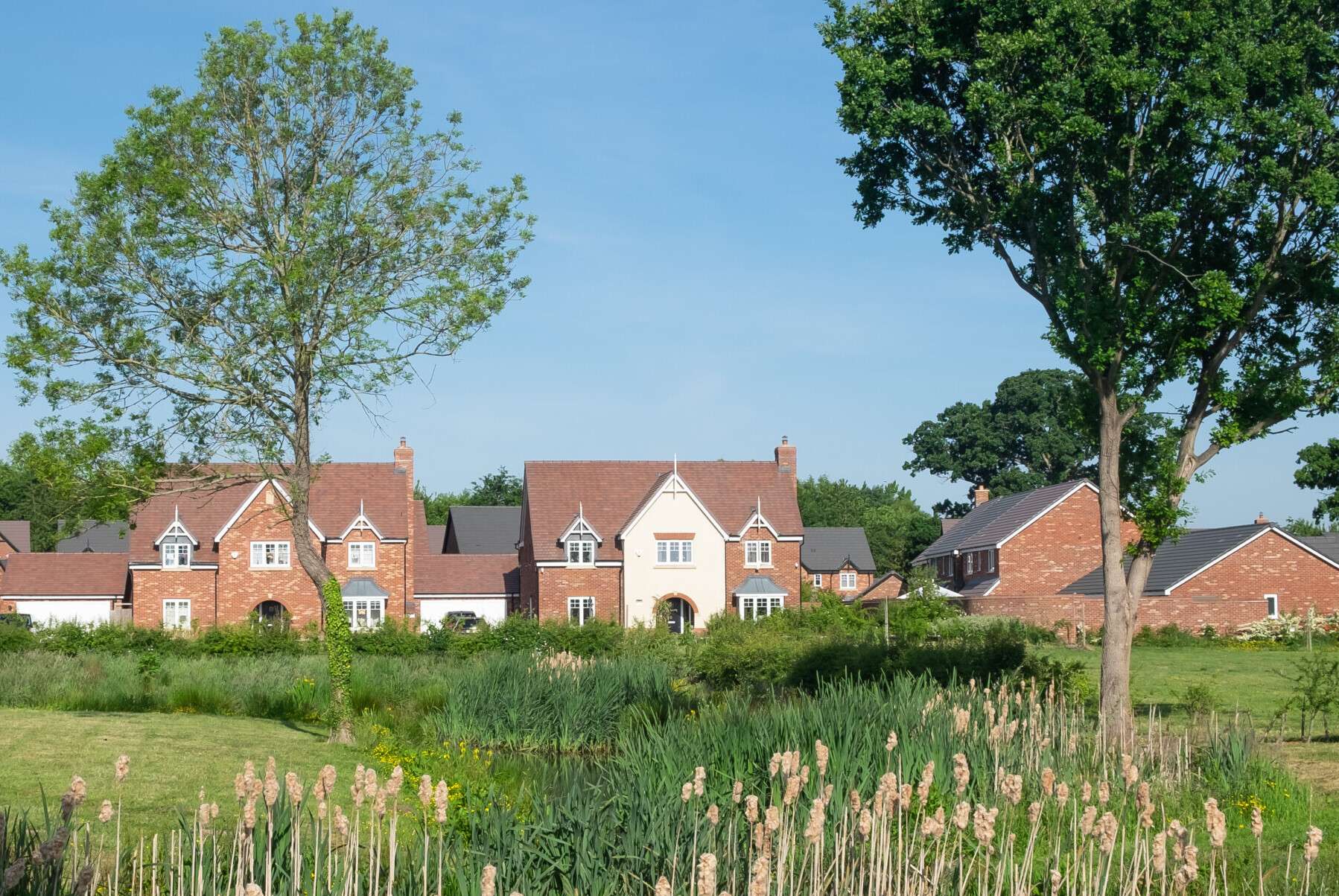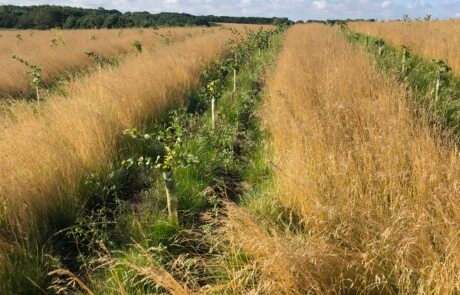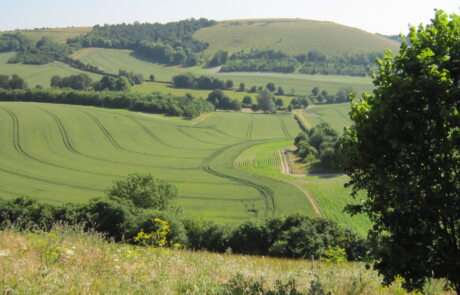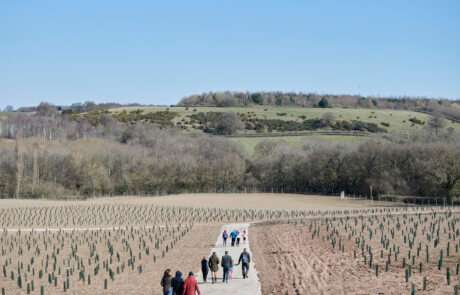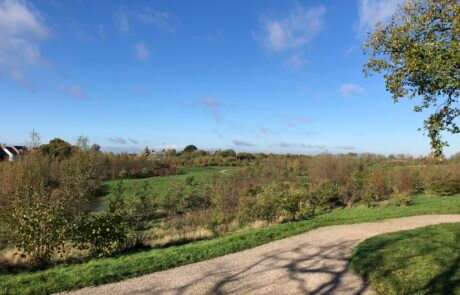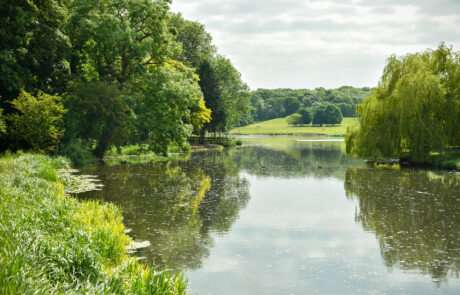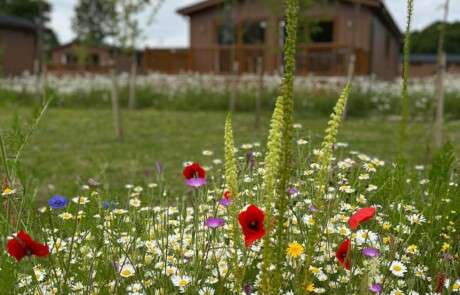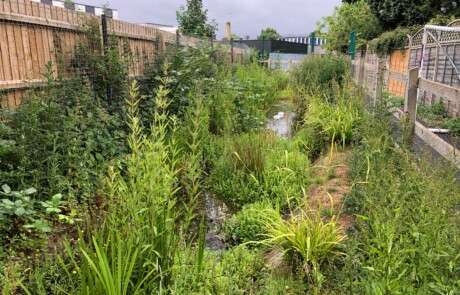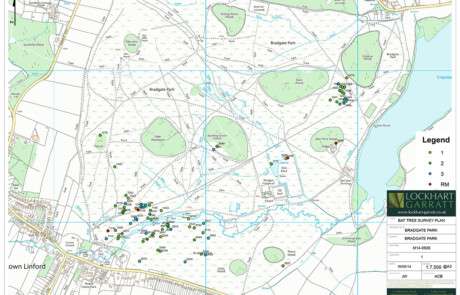Ecosystem Services
Our ecology, natural capital and soils teams are committed to promoting biodiversity, conservation and ecological opportunities in every project. We develop tailored strategies that protect and enhance natural resources, enrich soil health and maximise ecological and environmental value. Through careful planning and sustainable practices, we help our clients to meet regulatory standards while supporting long-term ecological resilience and natural capital preservation. Click on the images below for further information about each service.
Habitat Surveys & Preliminary Ecological Appraisal
Our in-house team of experienced ecologists are comprehensively trained in habitat assessment and are capable of robustly evaluating the extent of further surveys required. This reduces costs and limits potential time delays for all parties concerned.
Habitat Creation, Restoration & Management
Working both in-house and with a network of trusted sub-contractors, Nicholsons can design, deliver and manage the creation and enhancement of habitats. This aligns with current local and national planning policies, which now routinely require such efforts due to the growing emphasis on mandatory Biodiversity Net Gain.
Biodiversity Net Gain
Biodiversity Net Gain (BNG) is a national framework which ensures development retains, creates, and enhances meaningful habitats for wildlife in a measurably better state than they were before the development. Our team can support you to understand and plan for the impacts that BNG will have on your projects.
Building with Nature
The Building with Nature standard provides an independent assessment of the development’s delivery of good green infrastructure, using an evidence-based approach. As Approved Assessors, the Nicholsons team can help you evaluate the opportunities and guide you through the process from inception to formal accreditation.
Stakeholder Engagement
With our wider professional experience of land management, Nicholsons enjoys excellent professional relationships with the key environmental stakeholders at both a local and national level. Our team can help to facilitate effective and trusted engagement in support of your projects.
“Elliot and his team were fantastic. They were great at communicating and the surveying process was very smooth, identifying what issue we faced and how to tackle them. I would certainly recommend!”
Private Client
Ecosystem Services
Our ecology, natural capital and soils teams are committed to promoting biodiversity, conservation and ecological opportunities in every project. We develop tailored strategies that protect and enhance natural resources, enrich soil health and maximise ecological and environmental value. Through careful planning and sustainable practices, we help our clients to meet regulatory standards while supporting long-term ecological resilience and natural capital preservation.
Habitat Surveys & Preliminary Ecological Appraisal
Our in-house team of experienced ecologists are comprehensively trained in habitat assessment and are capable of robustly evaluating the extent of further surveys required. This reduces costs and limits potential time delays for all parties concerned.
Habitat Creation, Restoration & Management
Working both in-house and with a network of trusted sub-contractors, Nicholsons can design, deliver and manage the creation and enhancement of habitats. This aligns with current local and national planning policies, which now routinely require such efforts due to the growing emphasis on mandatory Biodiversity Net Gain.
Biodiversity Net Gain
Biodiversity Net Gain (BNG) is a national framework which ensures development retains, creates, and enhances meaningful habitats for wildlife in a measurably better state than they were before the development. Our team can support you to understand and plan for the impacts that BNG will have on your projects.
Building with Nature
The Building with Nature standard provides an independent assessment of the development’s delivery of good green infrastructure, using an evidence-based approach. As Approved Assessors, the Nicholsons team can help you evaluate the opportunities and guide you through the process from inception to formal accreditation.
Stakeholder Engagement
With our wider professional experience of land management, Nicholsons enjoys excellent professional relationships with the key environmental stakeholders at both a local and national level. Our team can help to facilitate effective and trusted engagement in support of your projects.
